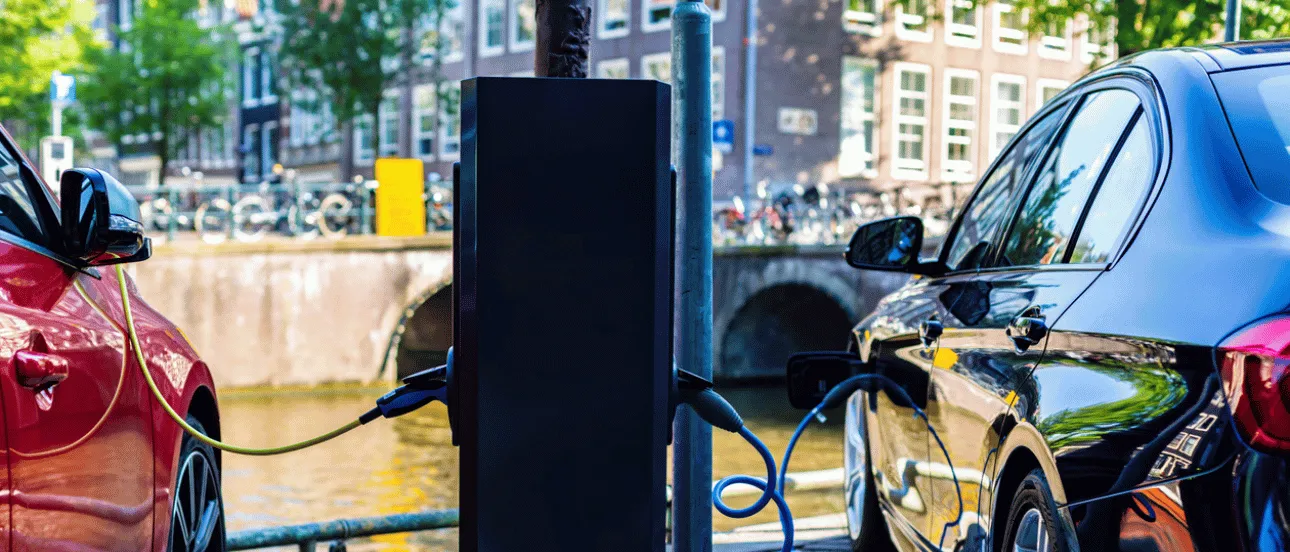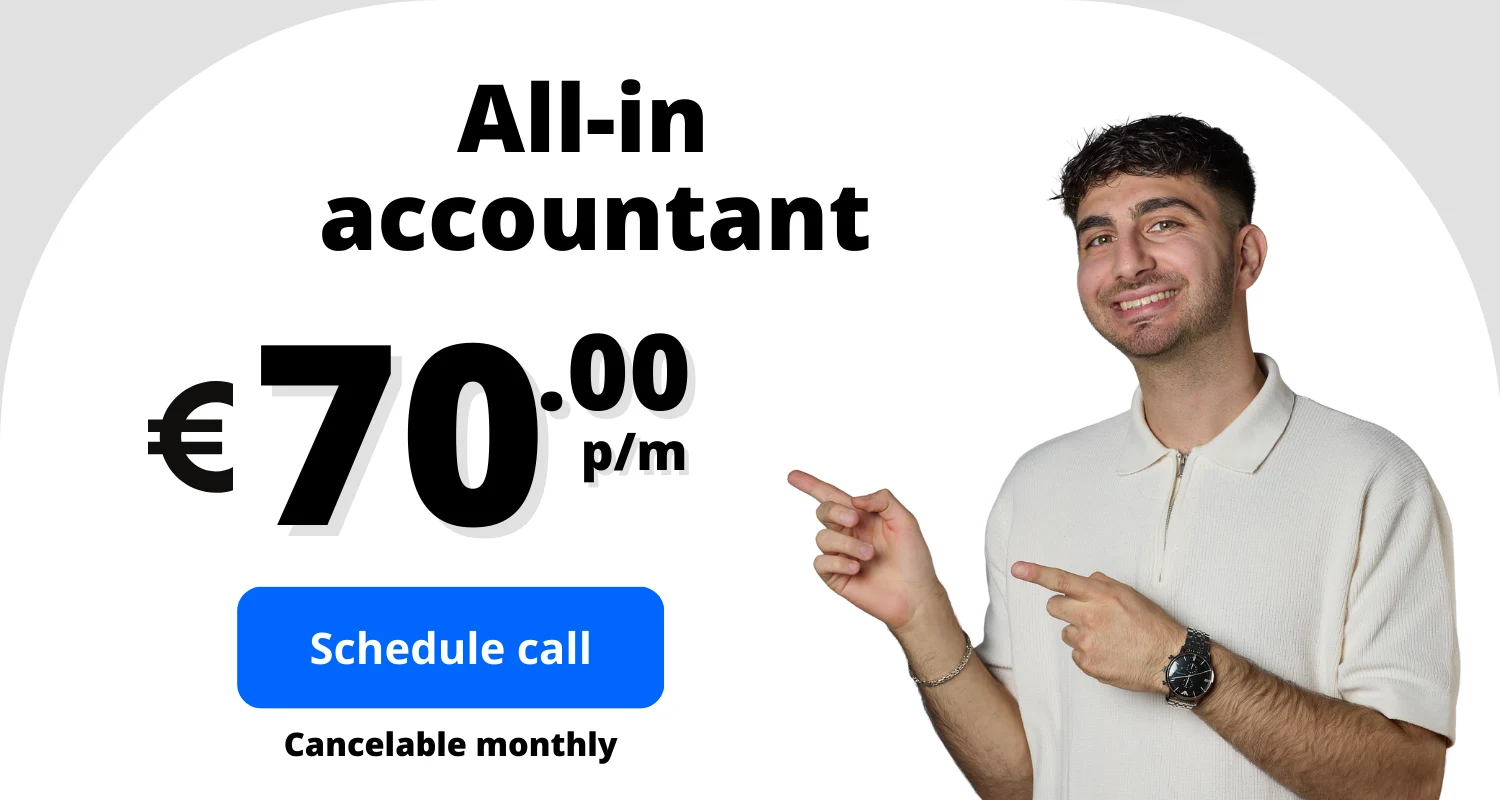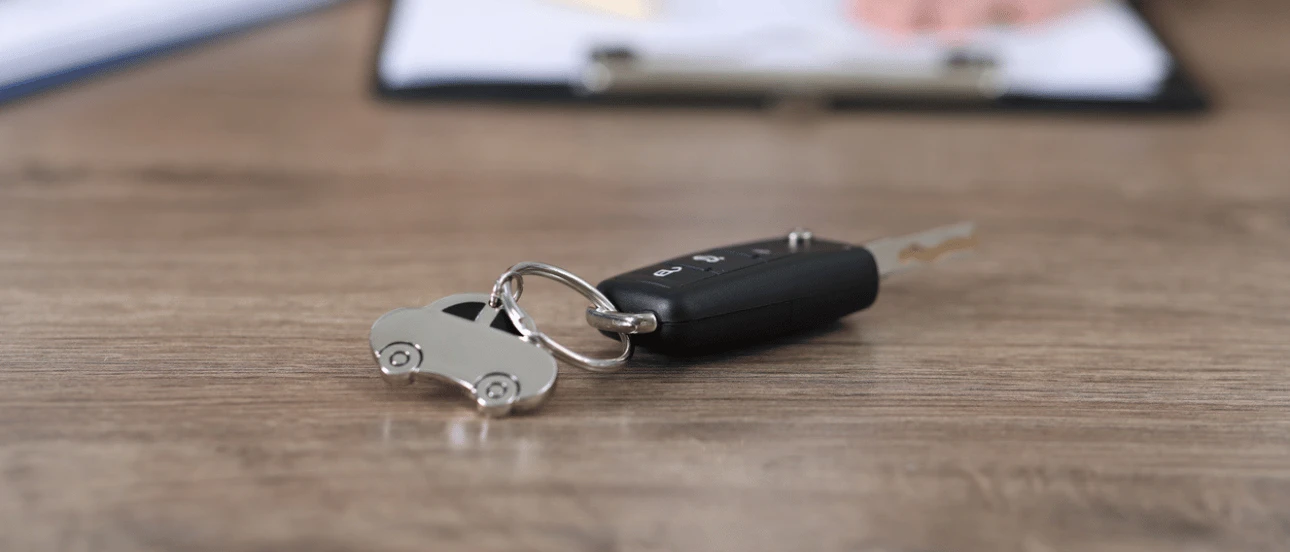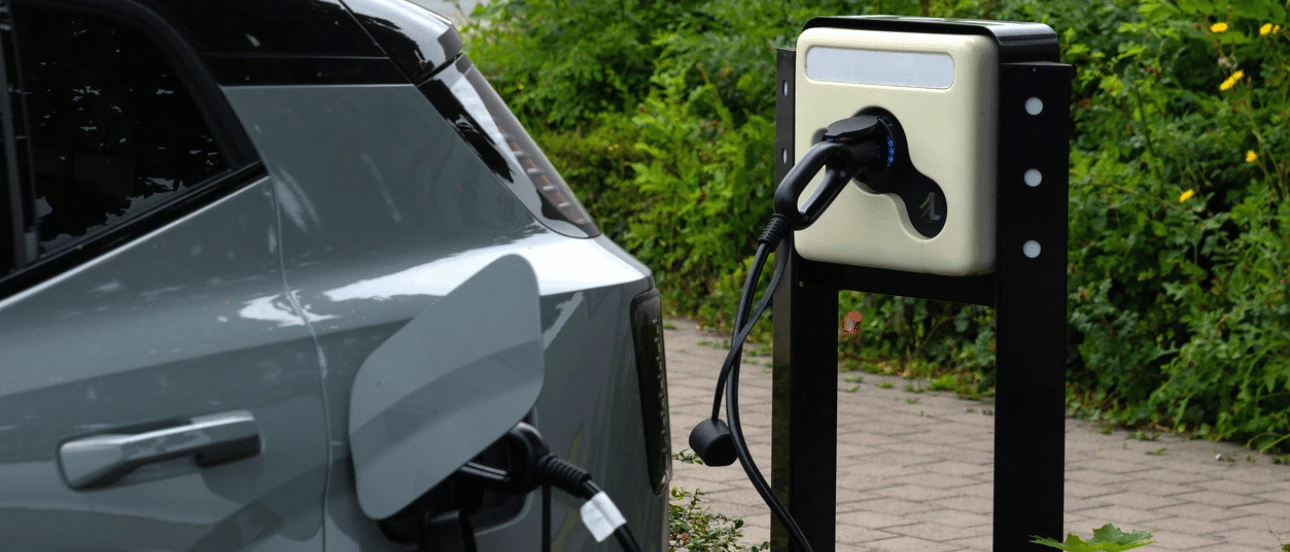What is additional tax?
Additional tax is the tax you pay when you also use a business car privately. The tax authorities see this private use as a benefit on which you have to pay income tax. Therefore, an amount is added to your income each year based on the catalogue value of the car and the corresponding percentage. The basic principle is that you are taxed for the private benefit you get from your business car. As an entrepreneur, you will notice this immediately in your tax return and the amount of the additional taxable benefit will determine how much you are left with net income if you continue to use the car privately.
When does the top-up apply?
The additional taxable benefit applies as soon as you drive more than 500 private kilometres per year. If you stay under this limit, you do not pay any additional taxable benefit at all but you must be able to prove this with a conclusive trip registration. That registration must clearly record which trips are business and which are private. If you exceed the limit, you will have to apply an additional taxable benefit for the whole year. This can make a big difference, which is why it is important to know in advance how you will use your car and keep accurate records to avoid problems with the tax authorities.
Addition rates
The table shows which additional tax rate belongs to each type of car and up to what value it applies. This allows you to immediately see which type of car may be fiscally advantageous.
| Type of car | Percentage | Border |
| Fuel car | 22 per cent | No limit |
| Emission-free electric car | 18 per cent | Up to €30,000 |
| Hydrogen car or solar cell car | 18 per cent | Full value |
How long does the reduced rate apply?
The reduced rate remains valid for 60 months from the first day of the month following the date of first admission. After that, the percentage current at that time will apply. This allows you to benefit for five years when you buy an electric car on a business basis in 2026.
Electric car addition 2026
From 2026, the addition benefit for new electric cars will expire. For cars first admitted in that year, the standard rate of 22 per cent will immediately apply. This will make electric driving fiscally equivalent to driving on petrol or diesel. For business owners, this means that an electric car purchased in 2026 will be more financially favourable because you can benefit from the lower percentage for five years, which will no longer be available for new vehicles in 2026.
Gross additional taxable income
The gross addition is the amount added to your income before the tax authorities calculate income tax. The higher the catalogue value of the car and the higher the addition percentage, the greater the gross addition. This calculation forms the basis for the tax you ultimately pay on the private use of the car. For you as an entrepreneur, the calculation immediately shows you what the car costs you in additional tax every year.
In a normal car
Calculating the addition for a fuel car is simple. You multiply the list value by 22 per cent. With a catalogue value of 30,000 euros, the gross additional taxable value comes to 6,600 euros per year. This amount is added to your income and forms the basis for the tax you pay.
Net addition
The net addition is the amount you actually pay extra in tax. The amount of this depends on your tax bracket which means that, as an entrepreneur, you pay sometimes a third and sometimes almost half of the gross addition.
With an electric car
In the case of electric cars, the calculation works slightly differently. This is because in 2026, a reduced addition rate of 18% applies to the first 30,000 euros of the list value; the part above that is taxed at 22%. For a €40,000 electric car, you will therefore pay 18% on €30,000 and 22% on the remaining €10,000. This makes the gross additional tax rate lower than for a comparable fuel-powered car.
Net addition
Because part of the electric car is taxed at a lower rate, you often pay less tax net than with a normal car. As a result, despite a higher purchase price, an electric car in 2026 could be more advantageous in net terms.
Additional taxable benefit for youngtimers
Youngtimers are a separate category within the additional taxable benefit. A youngtimer is a car of 15 years or older. For these cars, you do not calculate the addition to income on the catalogue value but on the market value. On that market value, you pay 35 per cent additional tax. Because older cars are often worth only a fraction of their original price, the total additional taxable value can therefore be much lower. For entrepreneurs who want to drive with fiscal awareness, a youngtimer is therefore often an attractive choice.
Additional taxable benefit for youngtimer
The market value is determined using price lists or an appraisal. On that value, you calculate 35 per cent additional tax. As a result, the additional tax liability for youngtimers is often considerably lower than for newer cars.
Example
When the market value is 8,000 euros, the additional tax liability is 2,800 euros per year. This is much lower than for cars with a high list value and makes youngtimers fiscally smart for entrepreneurs.
Preventing addition
You avoid additional taxes by driving less than 500 private kilometres per year. In that case, you do not have to add anything to your income, but you do have to keep a comprehensive trip registration form that records every trip. If you use a delivery van exclusively for business purposes, you can submit a statement of only business use of a delivery van, which means you do not have to keep a trip registration. Private use is then not allowed at all. It is therefore important to choose in advance which option best suits your use.
Private car use and VAT
If you, as a self-employed person, use a car for both business and private purposes, you will not only have to deal with an addition to income tax, but also with a VAT correction for private use. This is because different rules apply for VAT: commuting counts as private and, depending on your situation, you have to calculate private use via a kilometre record or a flat-rate correction. Want to know exactly how this works and which method is most favourable for you? Then read our detailed explanation on private car use and VAT.
Other means of transport
Not only cars but also other means of business transport can affect your taxes when you use them privately. As a business owner, it is important to know how the rules work for these vehicles so that you are not faced with tax corrections afterwards.
Additional tax liability for a company motorbike
For a motorbike on business you calculate private use based on private kilometres multiplied by the actual cost per kilometre. You cannot deduct that amount as business expenses.
Additional taxable benefit for a company bicycle
A company bicycle is subject to a fixed addition of seven per cent of the recommended retail price. This amount is added to your income and you pay income tax on this.






